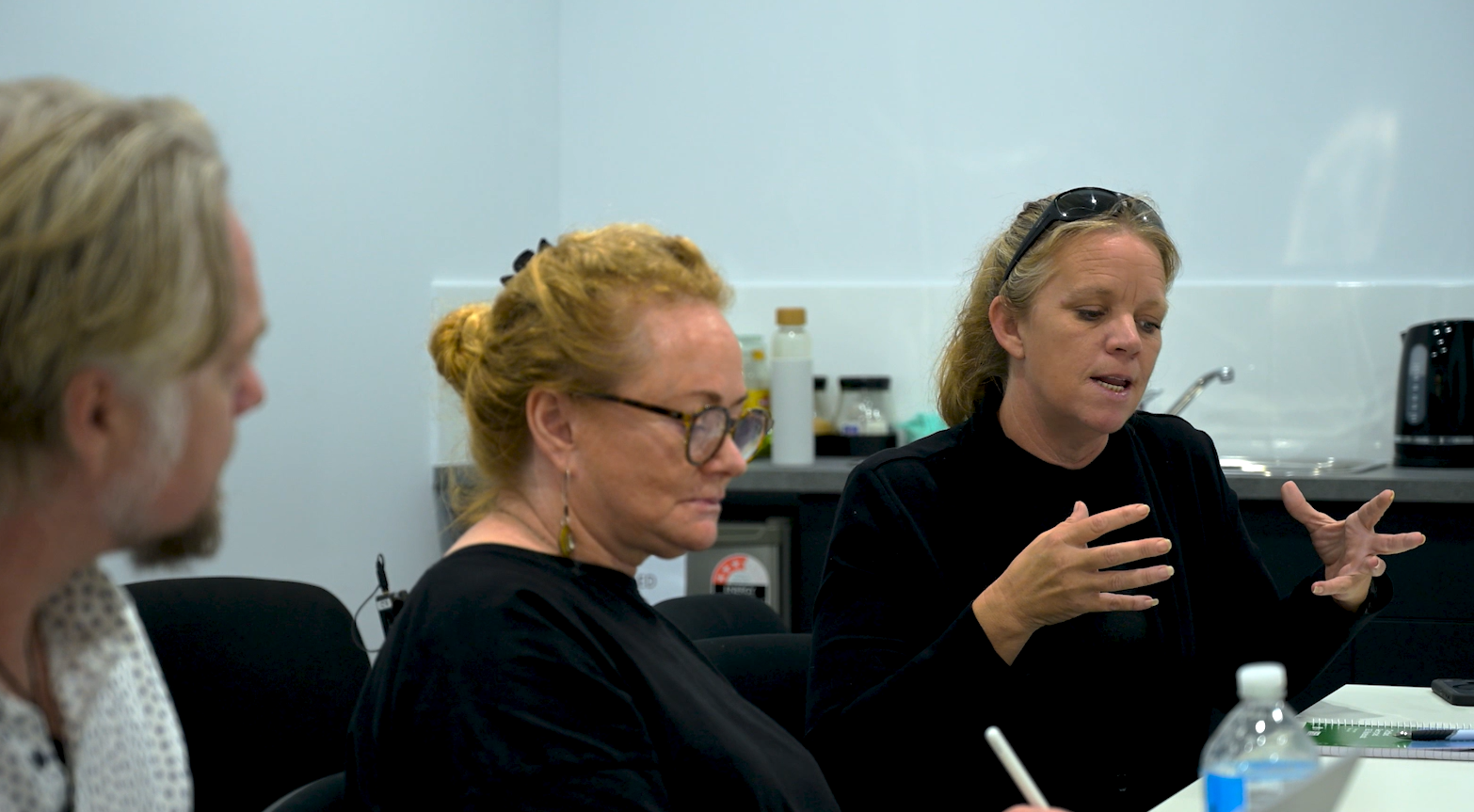Independent Living Skills
Help with the practical skills needed for independent living, like budgeting, meal planning, housekeeping, hygiene and time management.

Growing independence takes courage, especially after leaving foster care. The STEADY steps youth transition program walks alongside young people aged 15 years and over as they navigate moving from out-of-home care to adulthood.
Through trauma-informed, youth-centred support, we help young people build independent living skills, continue education and employment, maintain safe housing, and strengthen community connections.
We believe every young person deserves a steady start in life.
The transition to adulthood is tricky for most. The increasing cost of rent and education means many young people stay home longer and often move in and out of home multiple times throughout their late teens and twenties.
However, for those from out-of-home care, it can be even more difficult. Without that safe base to rely on, they have a much higher risk of:
For young people to thrive in adulthood, they need to develop education, employment and independent living skills. They need to feel a sense of security, stability, continuity, and social connectedness to build resilience and experience long-term positive outcomes after leaving foster care.
Our goal is to provide young people aged 15 to 17 years who are transitioning to independence and need help to leave out-of-home or foster care.
Help with the practical skills needed for independent living, like budgeting, meal planning, housekeeping, hygiene and time management.
Help in setting educational goals that align with their interests, strengths and aspirations with guidance and resources on various educational pathways.
Prepare young people for the workforce by offering job skills training, resume building, interview preparation, and job search help.
Provide access to counselling, therapy, or mental health support to address emotional challenges, build resilience, and coping mechanisms.
Educate young people on financial management skills, including budgeting, saving, banking and credit as well as their financial responsibilities as adults.
Provide education on communication skills, conflict resolution, and boundary setting to promote healthy relationships.
Encourage young people to feel a sense of belonging by taking part in volunteer activities, joining clubs or sports teams, or attending local events.
Maintain ongoing communication, offer follow-up services and provide aftercare resources to ensure a seamless transition to independent living.
Empower young people to express their needs, make informed decisions, and access appropriate services and resource.
Regularly assess and monitor the progress of young people in the program and use this to determine where help is needed.

We know that every young person carries a story. Our approach is shaped by the Sanctuary Model of Care, an evidence-based framework that promotes safety, emotional intelligence, and growth through positive relationships.
This model of care is integrated into all our programs at Kanda and is central to us supporting our community to promote emotional, social, moral, physical and cultural safety for everyone.
It means we don’t just teach skills. We create a safe space for young people to heal, learn and lead their own journeys.
We are committed to building a culturally inclusive service that respects Aboriginal and Torres Strait Islander and other cultural identities, values, and connection to land, family, and community. Our specialised cultural support plan called My Mob My Story is for young people who identify as Aboriginal and/or Torres Strait Islander. This dedicated framework helps young people nurture, address and recognise their unique needs and allows them to celebrate their culture heritage, traditions and values.